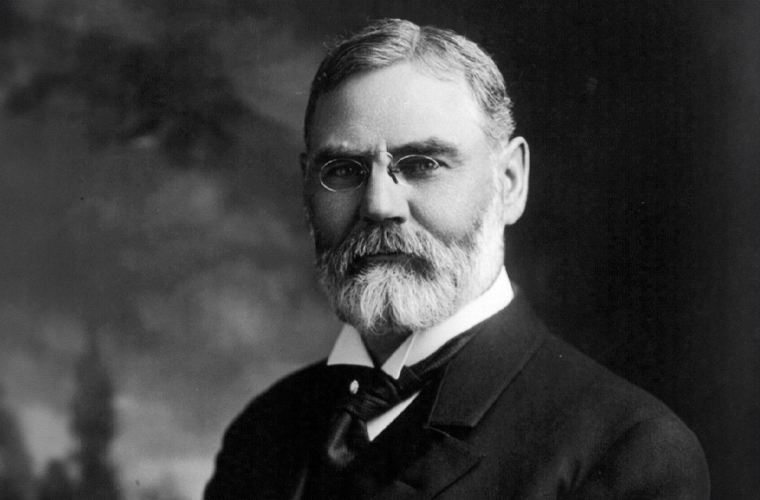The Mann Act, also known as the White-Slave Traffic Act, is a United States federal law that was enacted in 1910. The primary purpose of the Mann Act is to address and prohibit the transportation of individuals across state lines for the purpose of engaging in immoral or unlawful sexual activities. The Act was named after its sponsor, Congressman James Robert Mann of Illinois, and has been the subject of significant legal and societal debate since its inception.
The Mann Act specifically prohibits the transportation of any individual in interstate or foreign commerce “for the purpose of prostitution or debauchery, or for any other immoral purpose.” It also makes it illegal to coerce, entice, or persuade an individual to travel across state lines for such purposes. The Act applies to both males and females and is not limited to commercial transportation, encompassing any form of travel across state lines. One of the key aspects of the Mann Act is its broad scope and application. It has been used to prosecute a wide range of activities beyond its original intent, including cases involving consensual sexual relationships and instances where the transportation was not for immoral purposes. This has led to criticism and calls for reform of the Act to better align with modern societal norms and legal standards.
The Mann Act has been the subject of several high-profile cases and controversies throughout its history. Notably, it was used to prosecute individuals involved in interracial relationships during a time when such relationships were illegal in certain states. This aspect of the Act has been widely criticized as discriminatory and a violation of civil rights. Over the years, there have been efforts to amend and reform the Mann Act to address its shortcomings and ensure that it is applied fairly and justly. Various advocacy groups and legal experts have called for changes to the Act to narrow its scope and prevent its misuse in cases where there is no evidence of coercion or immoral intent.
In recent years, there have been legislative proposals to revise the Mann Act to focus on addressing human trafficking and the exploitation of individuals for commercial sex purposes. These efforts seek to modernize the Act and align it with contemporary understandings of human trafficking and exploitation while ensuring that consensual adult relationships are not unjustly targeted. The Mann Act continues to be a topic of debate and legal scrutiny, with ongoing discussions about its relevance in today’s society and its impact on individual rights and freedoms. As with any law with a long history, the Mann Act reflects the social and legal context in which it was created and has been subject to evolving interpretations and applications.
In conclusion, the Mann Act remains a significant piece of federal legislation with a complex and controversial history. While it was initially intended to address issues of moral conduct and interstate transportation, its application has raised concerns about civil rights, individual freedoms, and the need for modernization. As society’s understanding of human behavior and legal standards continues to evolve, the Mann Act will likely remain a subject of ongoing discussion and potential reform.

